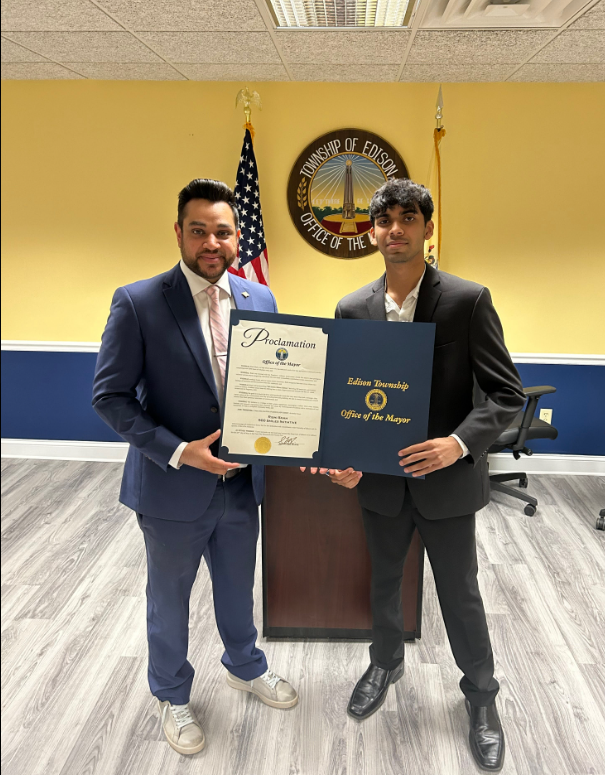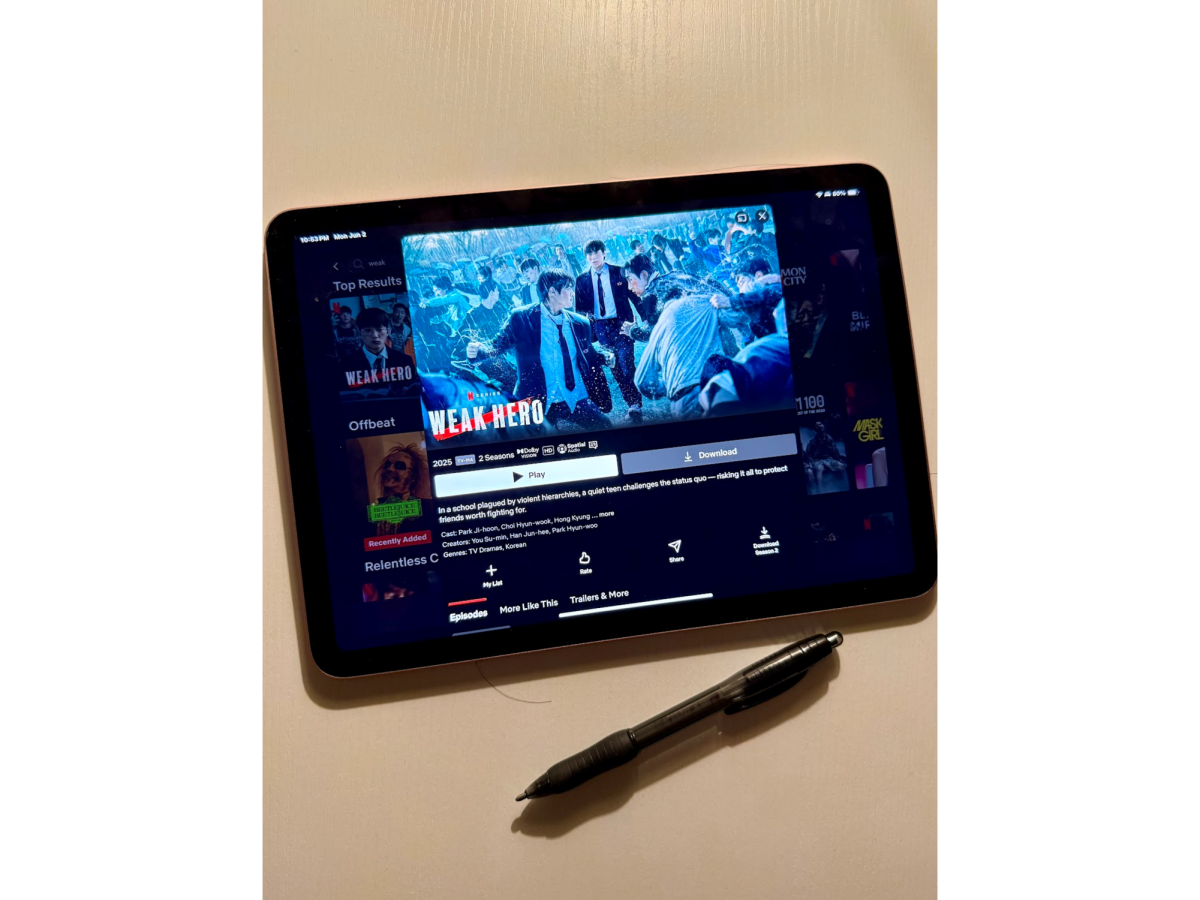Google’s CEO questioned by Congress

January 4, 2019
Sundar Pichai, Google’s CEO, was questioned by the United States Congress on December 11. Similar to Congress’s previous interactions with Facebook’s CEO, Mark Zuckerberg, the questions mainly focused on user privacy and search bias. Some of the highlights of the congressional hearing include discussions on Project Dragonfly, Democrat Ted Lieu defending the rights of private corporations, and the “Frazzledrip” conspiracy theory. Multiple senators called into question Google’s political affiliations, and some even went as far as accusing the company of promoting liberal websites and articles.
Questions About User Privacy and Search Results
These two topics go hand-in-hand as Google’s search algorithm has been accused of political bias and invading user privacy to make results more relevant. Republican Bob Goodlatte asked whether or not the search results have a left-leaning bias and if the results were tailored to a user’s preferences. On the other hand, Republican Ted Poe asked whether or not Google could track his real-time location using data from his iPhone. Pichai responded by saying that Google’s search engine does not take into account political affiliation when sorting results. He responded to Congressman Poe by saying that Google only sees the information that users have agreed to share.
Google’s Plans to Expand to China
The infamous “Project Dragonfly” is Google’s attempt at creating a censored search engine for use in the Chinese market. The project was first discovered when hundreds of Google employees signed a petition in an act of protest against the continued development of the secret project. Democrat David Cicilline asked whether or not Google was currently working on a project for China. Pichai stated that no employee of Google is working on a search engine for China or are they having discussions with the Chinese government to begin development on a censored Chinese search engine.
Democrat Ted Lieu Defends Google
Congressman Ted Lieu stateed that the first amendment protects private corporations from showing their users whatever they want because of free speech rights. Lieu went on to ask Google’s CEO whether or not they actively monitor search results. Pichai said that no employees at Google are actively regulating search results. Lieu went on to perform a live search of Republicans Steve King and Steve Scalise. The live search demonstrated that Scalise had mainly positive articles while King had mainly negative articles. Lieu concluded his questioning by stating, “If you want positive search results, do positive things. If you don’t want negative search results, don’t do negative things. And to some of my colleagues across the aisle, if you are getting bad press articles and bad search results, don’t blame Google, or Facebook, or Twitter, consider blaming yourself.”
Google’s part in the “Frazzledrip” Conspiracy
Democrat Jamie Raskin started his line of questioning by asking whether or not Pichai knew of the Youtube conspiracy theory of Frazzledrip. Pichai responded by saying that he had only been made aware of the conspiracy theory in the past twenty-four hours before the congressional hearing. Raskin went on to explain that the theory was comprised of Youtube videos stating that, “politicians, celebrities, and other elite figures were sexually abusing or consuming the remains of children, often in satanic rituals.” Raskin asked Pichai if Google was making any policies to disapprove of these kinds of conspiracy videos. Pichai stated that Google has policies in regards to the spread of propaganda videos and potential hate speech.
References:
I. https://www.wired.com/story/congress-sundar-pichai-google-ceo-hearing/
V. https://www.vox.com/technology/2018/12/12/18136132/google-youtube-congress-conspiracy-theories















